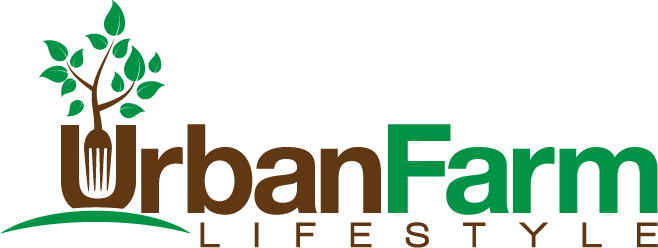Healthy Regenerative Lifestyle
The Last Straw
Does banning plastic straws really give us the desired intent or just another knee jerk political reaction that falls short?
David Proctor
We may not live on a farm, but we can grow where we live.
Banning Plastic Straws
by Carolyn Proctor
July 26, 2018
Urban Farm Lifestyle Magazine Published Weekly

Within the past month, Seattle has implemented a ban on the use of plastic utensils, including plastic straws. Violators of this ban on “all food service businesses, including restaurants, grocery stores, delis, coffee shops, food trucks, and institutional cafeterias” will face a $250 fine.

Plastic Straws
This promotes businesses to supply their store with utensils made from environmentally friendly or reusable materials (steel, bamboo, paper, etc.) in an effort to reduce marine plastic pollution.
Surface level, this seems like an awesome idea. The world produces 260 million tons of plastic each year and 10% of that ends up in the ocean (Guern, 2018). This pollution has a deadly effect on marine wildlife whether it is being ingested, entrapping the animal, or is lodged in an orifice.
It affects nearly 300 different species, with some of the most worrisome being the Hawaiian monk seals (1,100 left in the wild) and Pacific loggerhead sea turtles (200,000 left in the wild). So of course, we want to minimize pollution in order to eradicate marine life pollution.
Well, there are quite a few ethical drawbacks to this widely spreading ban on plastic utensils. The seemingly least necessary utensil is plastic straws. Many restaurants and stores are halting the use of straws in their businesses. Starbucks has famously released their new “strawless lid,” which sounds pretty amazing after seeing photos of a plastic straw being lodged in a sea turtle’s nose, right?

No. The new lid is made of MUCH more plastic- one researcher found that it adds 0.32-0.88 g more plastic per drink depending on the size ordered (Britschgi, 2018). The issue of marine plastic pollution is measured by weight, so this is blatantly exacerbating the problem. I personally think that it would be much more advantageous for Starbucks to start with constituting recycling bins in every location.
This also creates an enormous barrier on the disabled community. A variety of disabilities require the use of straws to safely drink and this ban is manifesting an unnecessary hurdle for the disabled community. Many non-disabled (and unempathetic) people have suggested that those requiring a straw bring their own reusable one, such as silicone or steel, which is absurd.
Carrying around reusable straws with you is an amazing way to limit your own carbon footprint, but it should not be a responsibility forced onto the disabled population. A disabled person should not be expected to carry around a straw with him/her everywhere just in order to eat and drink freely (Wong, 2018).
Starbucks’ strawless lid is unethical and harmful to not only the environment, but also their own consumers.
The most basic ideology of the ban has the right direction- we need to use less plastic. However, there are SO many other, effective ways to do this. We all need to start with ourselves before we jump to legislation without consideration for the damage it could cause people.

Reduce, reuse, recycle is probably one of the most important things we all learned in primary school. There is no reason that every person and business should not practice recycling. Limit your own plastic use at home by trying reusable grocery bags, reusable hot/cold drinking cups/straws (there’s a discount at Starbucks for bringing your own cup!!!), biodegradable dog waste bags, reusable K-cups, and in a plethora of other ways.
The internet is full of ideas and methods to lessen your carbon footprint; do your research (one of my favorite searches on Pinterest is “waste free living”). Acknowledge the waste your releasing into our environment and better yourself.
Overall, YES there is a plastic epidemic and we are creating irreversible damage to the environment. NO, the ban on plastic straws is not the end all solution to fix this; personal accountability will be.
Check It Out!

Reuse
Quick Tip

Single Use
Bibliography:
Britschgi, C. (2018, July 12). Starbucks Bans Plastic Straws, Winds Up Using More Plastic. Retrieved from
https://reason.com/blog/2018/07/12/starbucks-straw-ban-will-see-the-company
Guern, C. L. (2018, March). When The Mermaids Cry: The Great Plastic Tide. Retrieved from
http://plastic-pollution.org/
Wong, A. (2018, July 19). Banning Plastic Straws Is a Huge Burden on Disabled People. Retrieved from
https://www.eater.com/2018/7/19/17586742/plastic-straw-ban-disabilities



Recent Comments